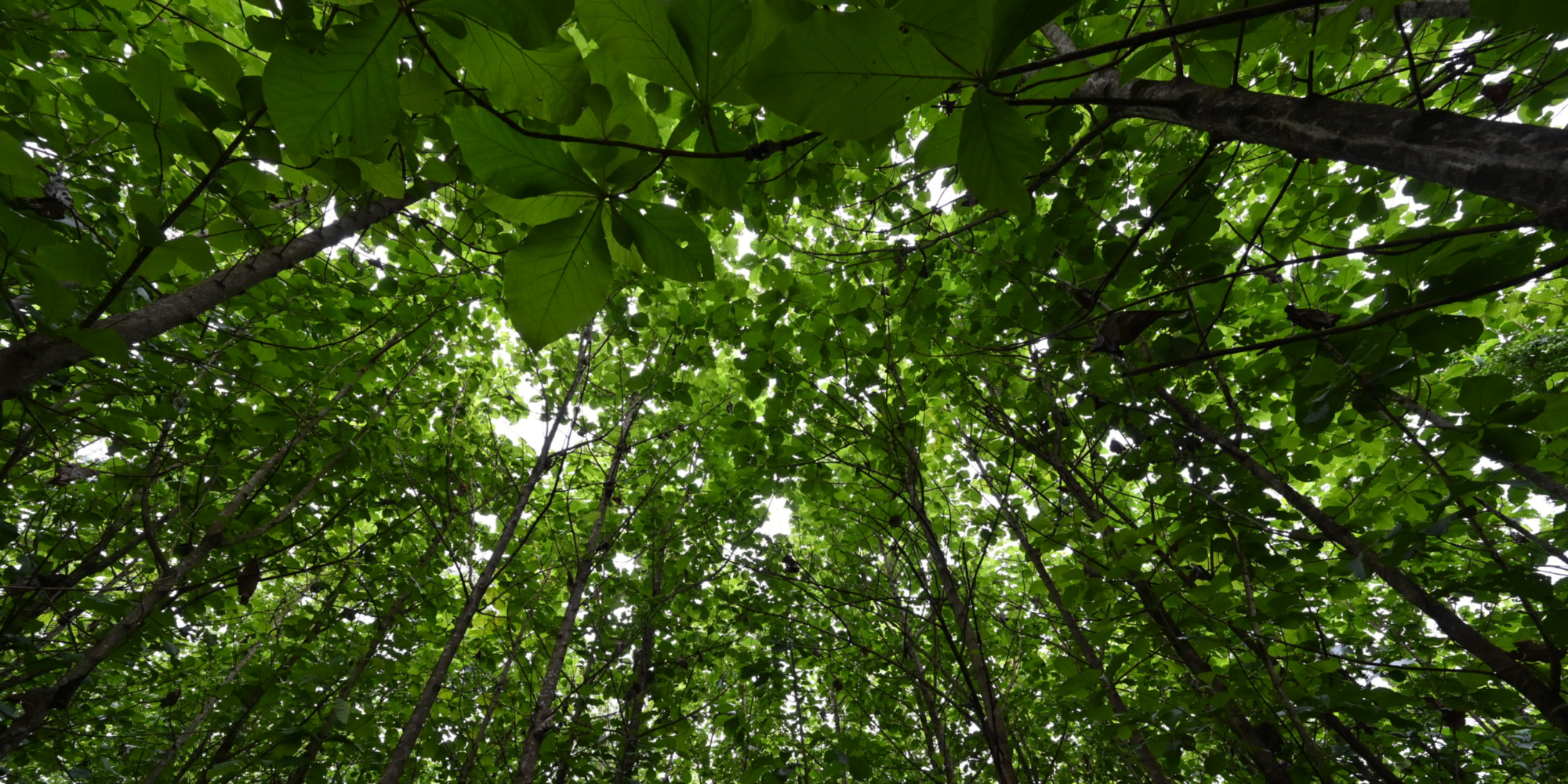Louise Sallé 07h55, March 02, 2023
This Thursday marks the second day of the "One Forest Summit" in Libreville.
A global meeting, co-organized by France and Gabon, on the protection of tropical forests.
Because this protection is unequal, in particular on the African continent, where Gabon, for example, is a model, and Côte d'Ivoire, a bad student.
Are the protection of carbon sinks and logging compatible?
Central Africa absorbs nearly 4% of global CO2 emissions: that's more than South America!
But this forest cover is threatened in places, particularly in Côte d'Ivoire, where 90% of the forests have disappeared since the beginning of the 20th century.
A major reforestation plan has just been launched, which needs funding.
Members of the Ivorian government, such as the Minister of Agriculture and that of Water and Forests, therefore went in person to the Salon de l'Agriculture in Paris to convince French investors.
>> READ ALSO -
Overfishing: where is France in regulating fish populations?
A billion euros to find
A reconstructed tropical forest at the entrance to the large Côte d'Ivoire stand welcomes visitors to the show.
Certain French private actors are also regularly received there this week by the Minister of Water and Forests in person, Laurent Tchagba.
“We need 616 billion CFA francs, or 1 billion euros,” he justifies.
“The World Bank, Nestlé and Cargill are private actors who have already agreed to engage with us”.
The money is then paid back to the farmers, so that they plant trees in their fields to practice "agroforestry".
“We work in such a way that all cocoa planters, all palm planters and all coffee planters engage with the State within the framework of agroforestry,” continues the Minister.
>> READ ALSO -
Drought, hail... 2022, "annus horribilis": the climate bill amounts to 10 billion euros
A problem of "land security" to be solved
But for Alain Karsenty, environmental economist at CIRAD, even if the idea is good, on paper, in practice it is still little applied.
"For the moment, the peasants do not practice agroforestry and cut trees to appropriate the land, to mark their space", he laments.
"The land ownership is not clear", insists Alain Karsenty.
"We will have to give them significant land tenure security because no one plants trees if there is no guarantee, in the long term, that these trees will come back to them".
Côte d'Ivoire, however, is working hard and wants to prove, at the international level, that it is making an effort... Because by 2024, the European Union will refuse to import any product from deforested areas.

